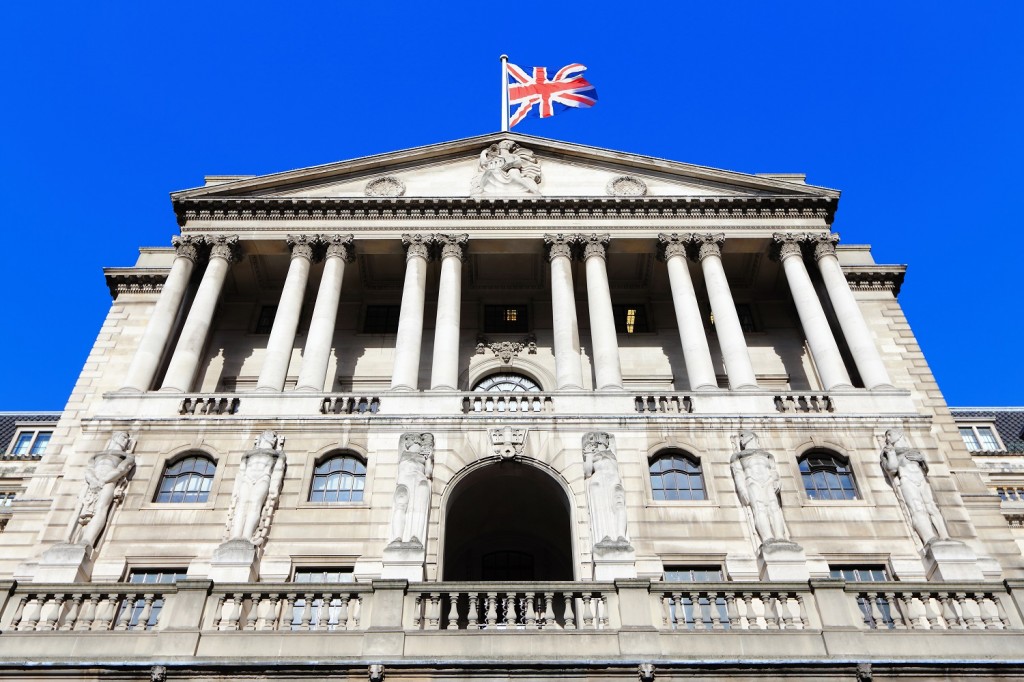
A Bank of England Monetary Policy Committee member says the UK must not be “seduced” into thinking that inflation has been contained.
Catherine Mann, an external member of the ratesetting body, argues that despite recent falls in general prices, the underlying price pressures in the economy remain strong.
Her comments come as inflation is expected to rise to 2.3% for the first time this year when official consumer price index data for July is released on Wednesday.
Inflation has held at the central bank’s 2% target since May, giving ratesetters the confidence to cut interest rates for the first time in four years earlier this month.
However, the inflation data later this week could throw hopes of future cuts in doubt.
Mann says that wages and services prices are still rising at over 5% a year – which at this rate means that headline inflation cannot remain at 2%.
She said that firms are still expecting to make relatively big increases to both wages and prices, which “says to me right now I’m looking at a problem for next year”.
“There were a lot of new wage agreements in April this year, Mann says on the Economics Show with Soumaya Keynes podcast, released this morning.
She adds: “There will be wage negotiations next year, which will be in relationship to the negotiations that just happened. So, some people at the bottom got quite a bit of an increase, rightfully so.
“But the ones above them didn’t, which means next year they will, because it’s important to keep relative wages within a hierarchical structure, kind of in relationship to each other.”
Hawkish Mann was one of four members on the MPC, who were outvoted by the other five earlier this month, leading to a cut in interest rates to 5% from 5.25%.
However, Hargreaves Lansdown head of personal finance Sarah Coles says the forecast rise in inflation is accounted for in ratesetter’s economic models.
Coles says: “It largely comes down to energy prices. Every July, the energy price cap changes.
“This July it fell, but last July it fell further. The mathematical impact of replacing a bigger fall last year with a smaller fall this year means inflation will rise – even when prices are falling.
“The Bank has already said it’s not worried about this.”
A survey of 54 economic forecasters by Bloomberg suggests the headline figure could climb to 2.6% by the end of the year, before fading back to the target level in 2026.



